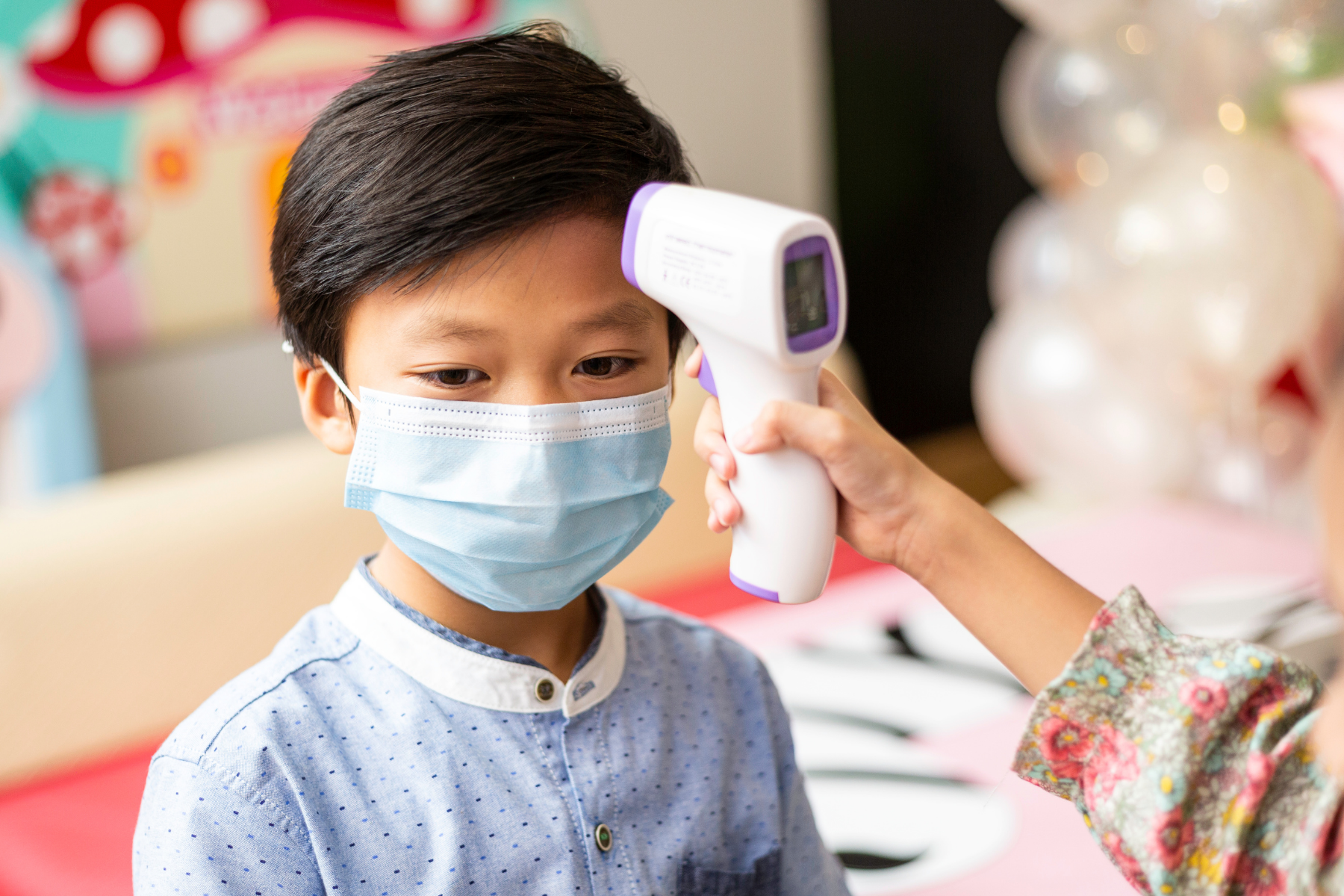Juvenile Arthritis Awareness Month
July is Juvenile Arthritis Awareness Month!
Join us as we raise awareness and help raise funds to advance research, education, and advocacy for Juvenile Idiopathic Arthritis.
Improving Outcomes for Juvenile Arthritis Families
Arthritis is generally thought of as a disease that only affects older populations. However, there are juvenile versions of nearly all diseases under the AiArthritis umbrella. Juvenile Idiopathic Arthritis (JIA), where the cause of the condition is unknown, is the most common type of juvenile arthritis with approximately 3 million cases worldwide*. Juvenile Arthritis Awareness Month plays a critical role in shining a light on common misconceptions and working towards better solutions for juvenile arthritis patients and caregivers.
This July, we invite you to honor Juvenile Arthritis Awareness Month by supporting our ongoing efforts to drive patient-led solutions in juvenile arthritis education, advocacy, and research. Furthermore, your support will help us distribute and expand our JIA Health Journey Communication Aids project -- currently in its pilot phase at Washington University's Rheumatology Department in St. Louis, MO!
When you join our efforts, you are a voice for juvenile arthritis patients everywhere. Your support enables us to continue and deepen our critical work.
*Source: National Institutes of Health (NIH)

"We like to zero in on those missing gaps…so that we can come up with improved outcomes."
- Tiffany Westrich-Robertson
Raise Funds for the Next Generation
Donate today to support AiArthritis' mission to improve outcomes for juvenile arthritis patients, families, and health care providers.
Your contributions will also fuel the development and expansion of our JIA Health Journey Communication Aids, connecting as many families and health care providers as possible with essential decision-making tools.
Your Contribution Makes a Difference
$50
Helps us feature a JIA patient on our blog and/or talk show
$100
Supports advocacy research for JIA health initiatives
$500
Enables us to distribute our JIA Communication Aids to another Pediatric Rheumatology Department
Key JIA Info
Symptoms & Characteristics
*Those with juvenile versions of AiArthritis diseases may have symptoms specific to those diseases.
For more information on these symptoms, visit the AiArthritis Diseases page.
Symptoms Associated with JIA
Eye Inflammation: Uveitis; eye redness, pain, and blurred vision.
Appetite Changes: Decreased appetite, poor weight gain, and slow growth.
Fever: Varied grades of fever (high in systemic, low in other types).
Swollen Lymph Nodes: Typically occurs in Systemic JIA or juvenile versions of Sjögren's Disease or Lupus.
Skin Changes: Rash, scaly red patches of skin.
Other AiArthritis Symptoms: Those with juvenile versions of other diseases under the AiArthritis disease umbrella may have symptoms specific to those diseases.
Common in All AiArthritis Diseases
Flares: Periods of worsening symptoms are called flares, which can last hours, days, weeks, or month.
Physical Activity: Condition improves with activity and exercise and worsens with rest.
Comorbidities: When inflammation is left uncontrolled due to lack of treatment, comorbidities can develop. 70% of patients with chronic, lifelong disease will develop comorbidities, including dual or triple diagnoses.
Family History: Autoimmune diseases often run in families, indicating a potential genetic predisposition where that gene can cause disease. Autoinflammatory diseases can occur multiple times in a family, but is based off of genetic mutation.
"Auto" Symptoms
Fatigue: Severe fatigue or exhaustion that may not be helped by caffeine/stimulants and can happen even after a long period of rest.
Cognitive Dysfunction: Brain fog or periods of time where thinking gets clouded and it becomes difficult to concentrate.
Flu-like Symptoms: Without having the actual flu -- symptoms including nausea, muscle weakness, and general malaise.
Fever: Typically low grade in autoimmune (with exception of juvenile idiopathic arthritis) and higher grade in autoinflammatory (percent strongly varies per disease)
Reference: Early Symptoms of AiArthritis Study, AiArthritis, 2019
Inflammatory Arthritis Symptoms
Stiffness: Severe stiffness in one or more joints, especially in the morning or after sitting for long periods of time.
Joint Pain: Episodes of joint pain that may last for hours, days, or even weeks, that can appear and disappear suddenly. Often described as "jumping pain" into different locations.
Typically, the joint pain will coincide with one or more "Auto" symptoms and start and stop suddenly - for no apparent reason (which is called a "flare"). Some people will experience all of the above symptoms, others only a few.
If you have any of the arthritis features, and at least one of the "Auto" features, please consult your physician about a referral to a specialist.
JIA Subtypes
For more information on JIA Subtypes, visit our Juvenile Arthritis info page.
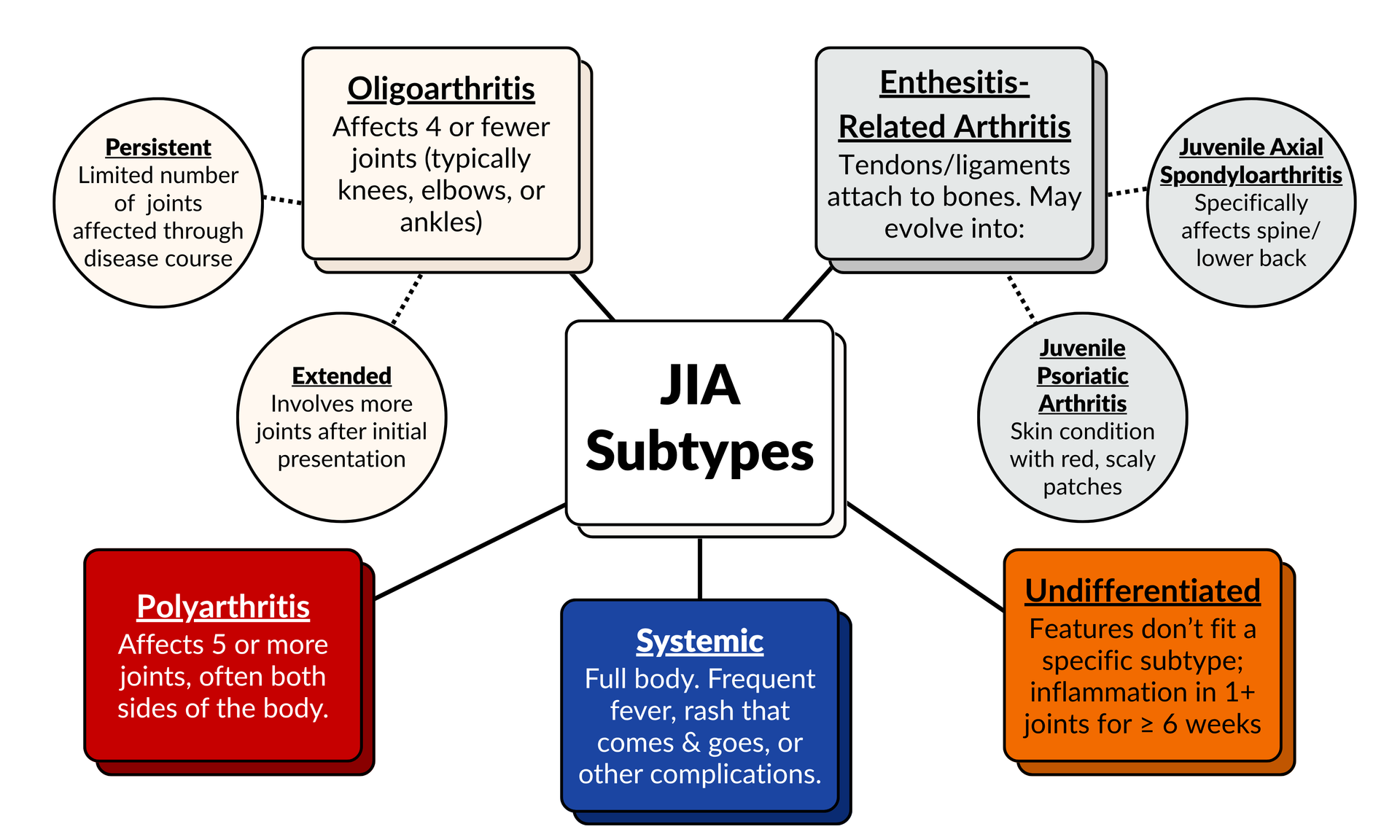
Learn More

Explore communication aids designed to improve decision-making between JIA families and healthcare providers
JIA Health Journey Communication Aids Project
Washington University in St. Louis recommends that this tool be used in every Pediatric Rheumatology Practice!
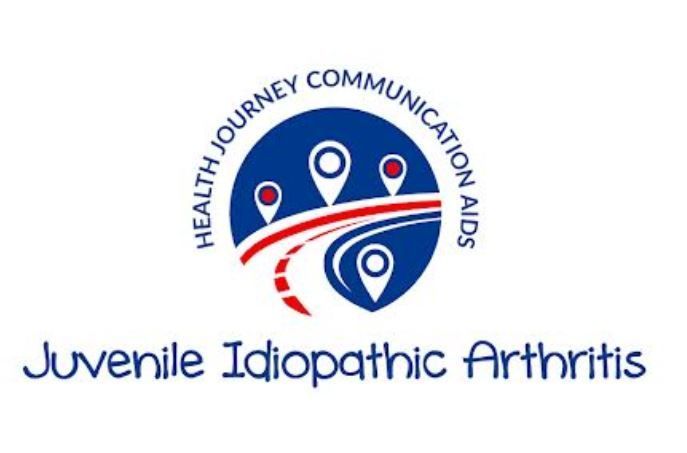
"Creating some sort of guidance for families to help make decisions about what is best for their child is really critical....
Children don't have that voice, especially when they're really young, so you're the person."
- Rochelle Lentini, CEO of Purple Playas Foundation and parent of JIA patient
Two Years. 56 Pages of Notes. One Mission in Action.
"We had been talking to a lot of families at our organization and realized there's still such a problem with communication when it comes to the journey….What could we do to creatively come up with some tools where families and kids and everyone in between can use as ways to bring up conversations with their doctor?" -- Tiffany Westrich-Robertson
Over two years ago, we sought a grant to focus in on the challenges in communication patterns between JIA families and healthcare providers. With the support of Purple Playas Foundation and Rheumatology Nurses Society, we were able to embark on a rewarding journey that would lead to the creation of invaluable tools to aid in every stage of the diagnosis and treatment process.
After two years of collaboration, 56 pages of notes from our two-week-long focus groups with various healthcare professionals, and countless conversations, we're proud to announce the pilot launch of our JIA Health Journey Communication Aids!
The "Appointment Plan" is currently in pilot testing at Washington University's Rheumatology Department in St. Louis, MO -- and the reviews thus far are exceptionally positive:
- Over 70% of families said it greatly improved processes
- Endorsed by healthcare practitioners with 0 reports of negative impact
With the support of Novartis, we are currently developing an additional five tools to provide deeper support for symptoms, testing, and more. As with all AiArthritis conditions the earlier patients can be diagnosed and start treatment, the more equipped they'll be for disease management and potential remission. In addition, these tools can be eventually adapted for adult AiArthritis patients and providers.
Appointment Plan: Pilot Phase Launched!
Currently being pilot tested at Washington University's Rheumatology Department in St. Louis, MO
The Appointment Plan Communication Aid is our primary aid:
- Available for download now!
- Can be used in any phase of the JIA journey with any health provider along the way
- Helps to clarify goals and expectations for you, your child, and the healthcare provider
- Identifies effective communication strategies
- Also includes additional JIA parent-written guidance
Symptoms Summary Aid: Coming Soon
This will be a helpful symptom log for symptoms and disease activity over a period of time or since the last visit. There will also be a Symptoms Tracking Log and accompany worksheet to help collect notes, record important information, and summarize all data.
Co-Existing Conditions Aid: Coming Soon
A helpful guide that will track additional symptoms or conditions outside of the AiArthritis Core 6 symptoms that may require attention.
Treatment Discussion Aid: Coming Soon
This aid can be filled out in advance of upcoming appointments to support decision-making about potential treatments, including medicines, therapies, and more.
Test Discussion Guide: Coming Soon
The testing process can be extensive, confusing, and sometimes overwhelming. This guide will help JIA patients and caregivers feel empowered and informed as they navigate conversations with their healthcare team.
Diagnosis Journey Discussion Guide: Coming Soon
A patient/family- and health professional-designed guide to get on the right path to diagnosis.
This project is in collaboration with the Rheumatology Nurses Society (RNS) and Purple Playas Foundation.
This project was made possible with the support from Novartis.
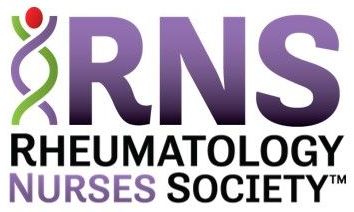
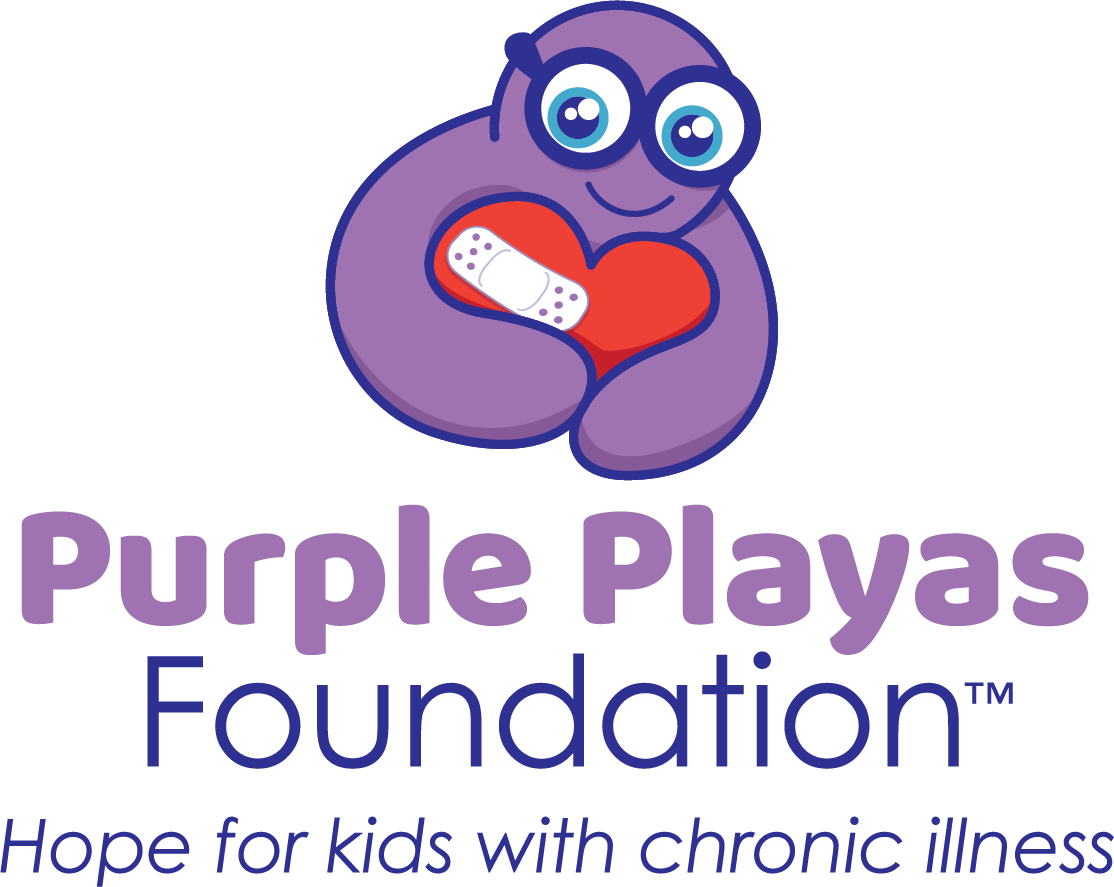
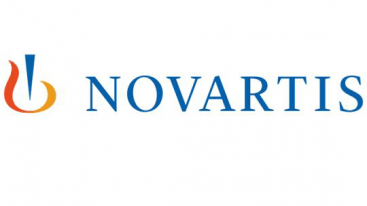
Support Our Mission Today!
Help us reach our goal so that we can continue our mission to improve outcomes for juvenile arthritis families, and health care providers.
Funds raised will support our efforts in advocacy, education & awareness, and research.
Your contributions will also fuel the development and expansion of our JIA Health Journey Communication Aids, connecting as many families and health care providers as possible with essential decision-making tools.
"Before the diagnosis, we were frustrated and scared. Frustrated because we knew something was wrong, but there were no answers. After the diagnosis, we felt relief. Finally, we knew what was wrong, so a plan was put in place to relieve her pain."
- Natalie, parent to child with Systemic Idiopathic Juvenile Arthritis


